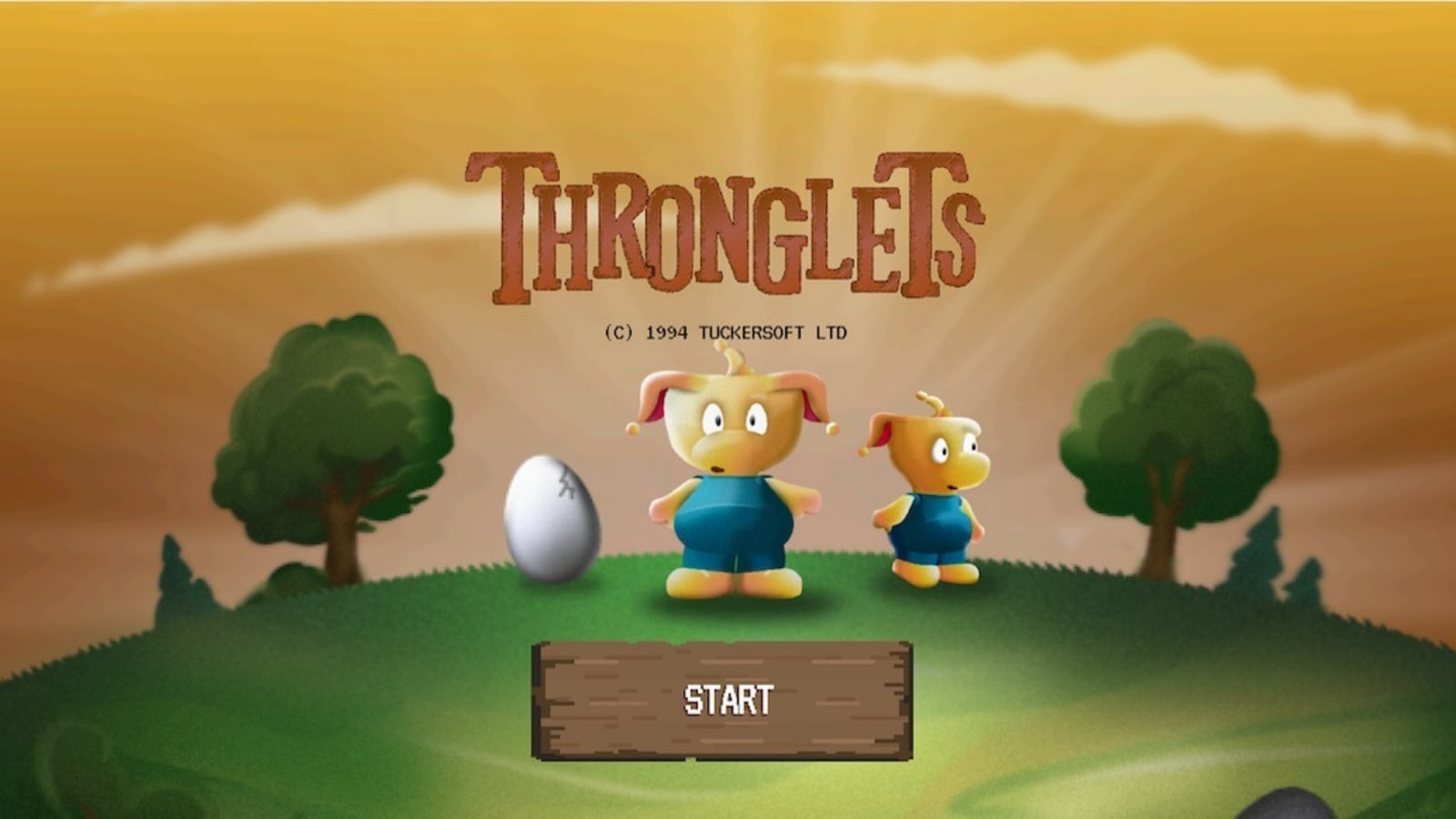National Public Radio said on Wednesday that it would suspend all Twitter use, a little over a week after the social network designated the broadcaster “U.S. state-affiliated media.”
Twitter has since changed the label on the NPR Twitter account to “Government-funded Media,” a designation it also gave to PBS. That label also appeared on the account of the BBC, the national broadcaster of Britain, until Wednesday, when it was changed to “publicly funded media.”
NPR said Twitter’s move could damage its reputation.
“NPR’s organizational accounts will no longer be active on Twitter because the platform is taking actions that undermine our credibility by falsely implying that we are not editorially independent,” Isabel Lara, NPR’s chief communications officer, said in a statement.
In a letter to staff on Wednesday morning, John Lansing, NPR’s chief executive, said posting on the platform would be a disservice to the staff’s journalism. “Actions by Twitter or other social media companies to tarnish the independence of any public media institution are exceptionally harmful and set a dangerous precedent,” he wrote.
In a Twitter thread on Wednesday morning, the broadcaster shared links to its newsletters and its accounts on other social media sites. Some NPR affiliate stations including WNYC in New York were continuing to post on Twitter.
Inside Elon Musk’s Twitter
PBS took similar action. “PBS stopped tweeting from our account when we learned of the change, and we have no plans to resume at this time,” said Jason Phelps, a spokesman for PBS, which had not posted on Twitter since Saturday.
Twitter did not respond to a request for comment.
In an interview with NPR, Mr. Lansing said the broadcaster would not immediately return to Twitter, even if the label was removed. “I would need some time to understand whether Twitter can be trusted again,” he said.
NPR said employees could decide for themselves whether to stay on the platform, but its leaders advised caution. Tony Cavin, the broadcaster’s managing editor for standards, said in a note to staff that the company’s decision made it more likely that those who stayed on Twitter would be trolled. He added that Twitter had become “less dependable” and that the platform’s blue check marks, once used to verify public figures, were now “almost meaningless.”
Twitter has faced numerous controversies since Elon Musk bought the company in October for $44 billion, including mass layoffs that coincided with an increase in outages and other glitches. There has also been criticism that the platform has attracted more hate speech.
In an interview with the BBC that was also broadcast on Twitter on Tuesday night, Mr. Musk pushed back on an assertion that hate speech had increased on the platform since he took over. He also said the blue checks once given to celebrities, politicians and other notable people would be phased out by next week.
In the past, Twitter listed NPR and the BBC as exceptions to its guidelines on state-affiliated accounts because they were “state-financed media organizations with editorial independence.”
Ms. Lara said last week that, on average, NPR received less than 1 percent of its annual operating budget in the form of grants from the government-funded Corporation for Public Broadcasting and other federal agencies and departments.
Even before Mr. Musk’s takeover, media outlets suspended their Twitter accounts on occasion. In 2018, Fox News stopped tweeting for 16 months after the home address of the prime-time host Tucker Carlson was posted on the site.
Ryan Mac contributed reporting.

























